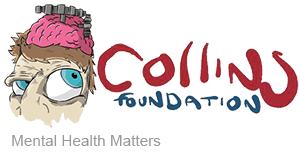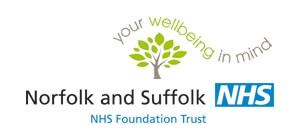The Mental Health Benefits of Music
We’ve all done it. Turned on a love song when we’re feeling romantic. Turned on something lively when we’re cleaning house. Even cried when certain songs come on with stories that stir our hearts.

Music plays a role in everyone’s life to a certain extent. Some more than others. Each of us has our own preferences, some of us a little more eclectic than others. But each of us reaches for music for one reason or another.
Creating the Musical Mood
Jazz is often played create a relaxing atmosphere over dinner. Rock ’n Roll or country is usually played in bars. Easy listening music is usually played in family restaurants. Even shopping malls and grocery stores have clued in to the effect music can have on their customers. Those stores aimed at drawing teens in will play the kind of music that teens like (usually much to the chagrin of their parents). Grocery stores typically play light/soft rock, something slow-paced to relax shoppers so that they shop at a slower pace and, by spending more time in the store, are more likely to buy more than what they went in for.
Music affects the body in six main ways, according to eMedExpert.com.
1) Music can help manage or reduce the effects of chronic (osteo- and rheumatoid arthritis) and post-operative pain. Music distracts, provides the patient with a sense of control, releases endorphins that counteract pain, and relaxes a person by slowing their breathing and heart rate. It reduces blood pressure, the severity, frequency, and duration of migraines and chronic headaches, and increases the production of immune-boosting hormones and decreases cortisol levels, which can interfere with immune response.
2) Music enhances higher brain function such as reading and literacy skills, spatial-temporal reasoning, mathematics, emotional intelligence, memory. Music improves concentration and attention.
3) Music improves athletic performance as it helps reduce the feeling of fatigue. It reduces muscle tension, which in turn improves body movements and coordination.
Click the web link above to read more.

